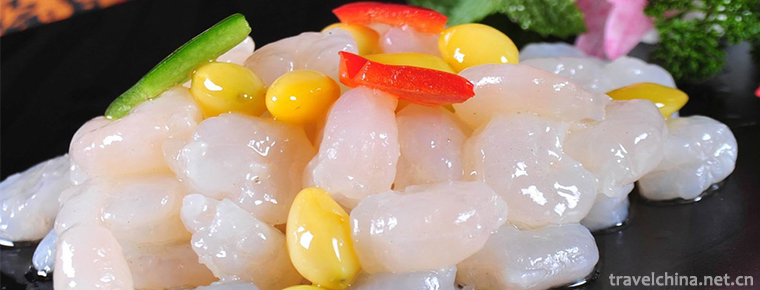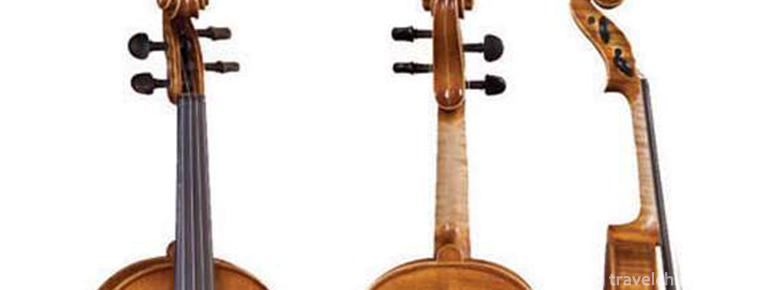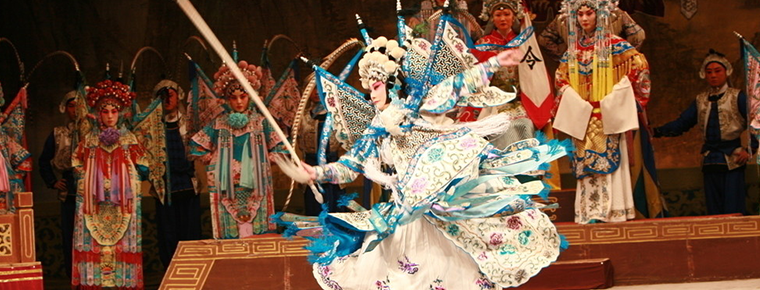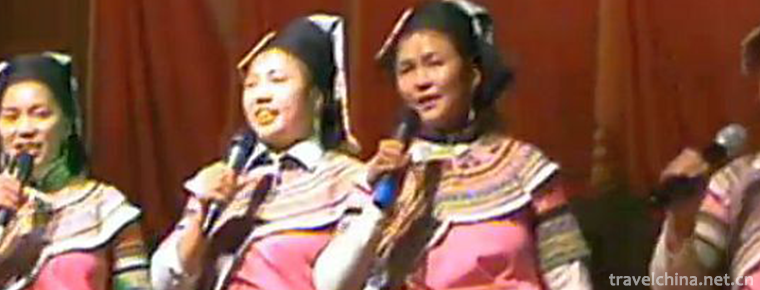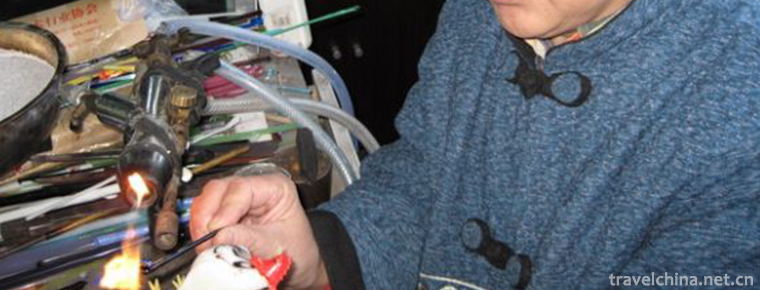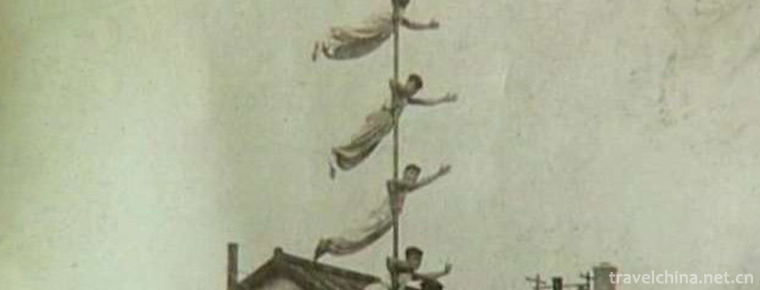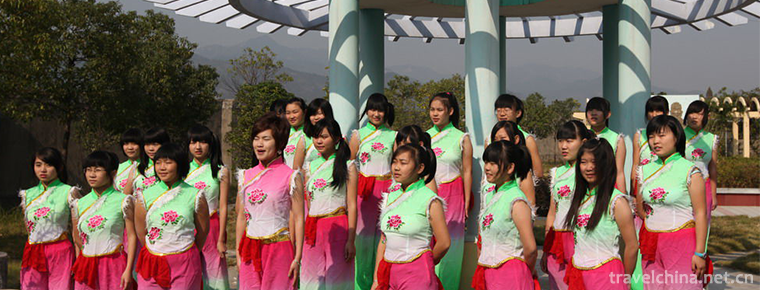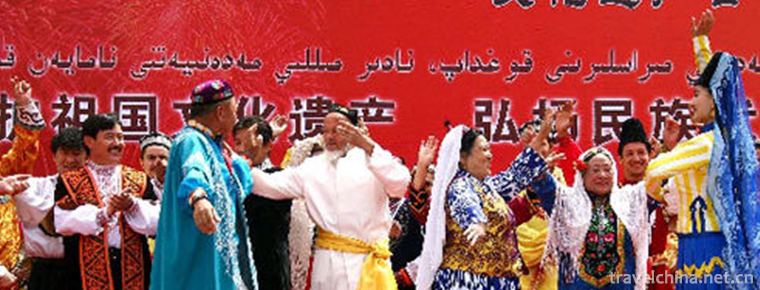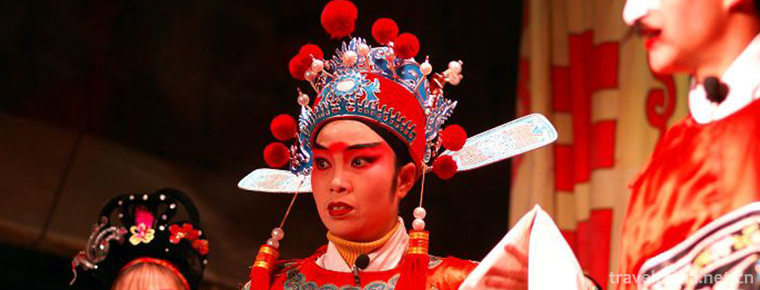Di Shu boxing
Di Shu boxing
Gejiquan is one of the rare traditional types of boxing in southern China, also known as "Gejiu Dog Method", "Dilong Quan" or "Dili Quan". It is commonly known as "Dog Quan" among the people. It has a long history. It belongs to the martial arts and belongs to the sect because of its origin in temples and temples. It also belongs to the Nanquan system because it is located in central Fujian, south of the Yangtze River. Furthermore, Gejiquan imitates the evolution of dog fighting. Therefore, it also has the characteristics of bionic hieroglyphic boxing. The unique ground skills and binding skills of geotechnical boxing are the soul of geotechnical boxing, its only basis for making it different from other boxing.
On May 23, 2011, Gejiquan was approved by the State Council to be listed in the third batch of national intangible cultural heritage.
History
.
Legend has it that in the late Ming and early Qing Dynasty, there was a White Lotus Temple opposite Nanshaolin Temple in Fujian Province. Legend has it that nuns in Nanshaolin Temple were created by nuns in Anzhong in April. At that time nuns in Anzhong nurses were nurses'body-building skills, and their skills were not passed down. The fist was based on the shortcomings of women's small stature and physical strength, which could not be counterbalanced with men, and observed the fighting movements imitating dogs, rolling and tumbling, agile and changeable, fast and fierce, alert and sensitive In the early Qing Dynasty, because Nanshaolin Temple and Bailian Temple participated in anti-Qing activities to restore the Ming Dynasty, they were ordered by the Qing government to burn temples and kill monks and nuns. In April, Shenni was relocated to Chenjia, Yongchun County, Fujian Province, to take refuge in their families. In April, Shenni felt his favor and taught Gejiquan to Chen Biao, the son of Lao Tai Li. Chen Biao, after ten years of hard practice day and night, was proficient in this skill. He regarded it as a secret skill of Wulin. He only passed it on to his sons and daughters.
In the early years of the Republic of China, Chen A-yin was introduced to Chen A-yin, who killed local villains and fled to Chenyi Jiujia in Singapore because of Chen's unequal fighting. Teacher Chen A-yin felt his support and taught Chen Yi-jiu as much as he could. Teacher Chen Yi-jiu loved martial arts at an early age and learned Thai boxing, drunken boxing and Dragon monkey boxing. After Chen A-yin's biography, he devoted himself to studying dog boxing, which was more sophisticated and comprehensive, and was quite popular in Southeast Asia. Famous, known as "Nine Teachers with Iron Feet" and "Nine Divine Legs", he was the president of Singapore Wushu Association. Mr. Chen Yijiu returned to China in 1942 and settled in Fuzhou.
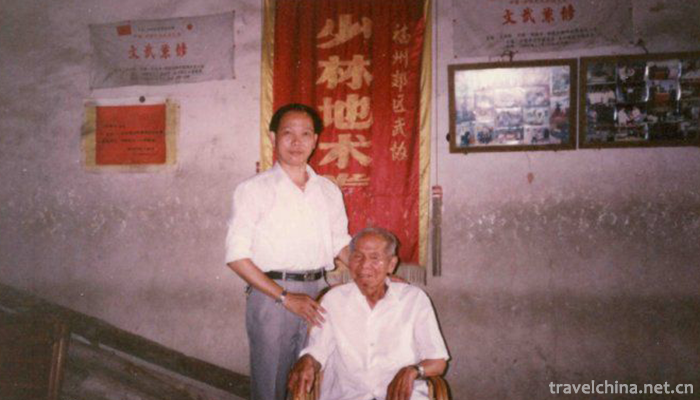
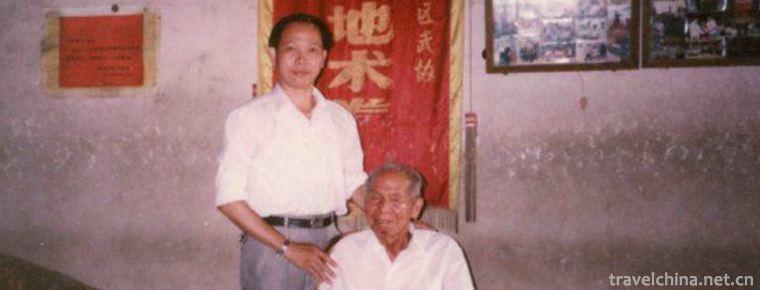
Di Shu boxing
-
Crystal River Shrimps
Crystal river shrimp is a local famous dish, which belongs to Shanghai cuisine. The size is uniform, crystal clear, elastic and brittle.
Views: 269 Time 2018-11-14 -
Nansha Garden Hotel Guangzhou
Nansha Garden Hotel, a brand-new landmark building in Dawan District and New Nansha, was commissioned on June 20, 2018. The brand of Garden Hotel added a unique creative design hotel.
Views: 266 Time 2018-12-16 -
Wang Wu Mountain Scenic Spot
Wangwushan Scenic Area is a national AAAA-level scenic area with a total area of 265 square kilometers. Wang Wu Mountain is centered on the Temple of Heaven, the main peak
Views: 304 Time 2019-02-22 -
Yangda Kuduktur Beacon Platform Site
Beacon also known as beacon platform, beacon platform, Yandun, pyrotechnic platform. If there were enemies, smoke in the daytime and fire in the evening were the quickest and most effective ways to tr
Views: 225 Time 2019-03-02 -
Chaomong Ancient Bow String Music
Originated in Inner Mongolia grassland, Chaoer art, known as "cultural diamond", is the predecessor of horsehead art and the unique traditional and ancient musical instrument of Mongolian.
Views: 106 Time 2019-04-16 -
Traditional drama
Chinese drama mainly includes opera and drama, and opera is the traditional Chinese drama. After a long period of development and evolution, Baihua Garden of Chinese opera has gradually
Views: 178 Time 2019-04-21 -
Ha Ni Ha Ba
Ha Ni Ha Ba, an important part of Chinese Hani folk literature. Hani Haba, which means Hani ancient songs, is a popular and far-reaching folk song in Hani social life.
Views: 366 Time 2019-05-02 -
Material liao qi
Material wares are traditional handicraft products in Beijing. It is a traditional handicraft made of glass strips. There was no direct glass-making industry in Beijing. The materials used were collec
Views: 138 Time 2019-05-13 -
Ningjin Acrobatics
Ningjin acrobatics is one of the traditional folk acrobatics in Shandong Province. With its long history of development, extensive mass base, profound cultural heritage and exquisite performing skills
Views: 196 Time 2019-06-08 -
Tongcheng Song
Tongcheng Song is a kind of local folk song originating from Tongcheng, Anhui Province. It is a kind of local folk literature in the form of rhyme created by the local working people collectively. At
Views: 216 Time 2019-06-21 -
Xinjiang Uygur Mukam Art
Xinjiang Uygur Mukam Art is a large-scale integrated classical music art form which integrates singing, dancing and music. It is the general name of "Twelve Mukam" and "Daolang Mukam&qu
Views: 156 Time 2019-07-06 -
Ming opera style
On May 20, 2006, Yiyang Opera was approved by the State Council of the People's Republic of China to be listed in the first batch of national intangible cultural heritage, numbered IV-5.
Views: 178 Time 2019-07-13
